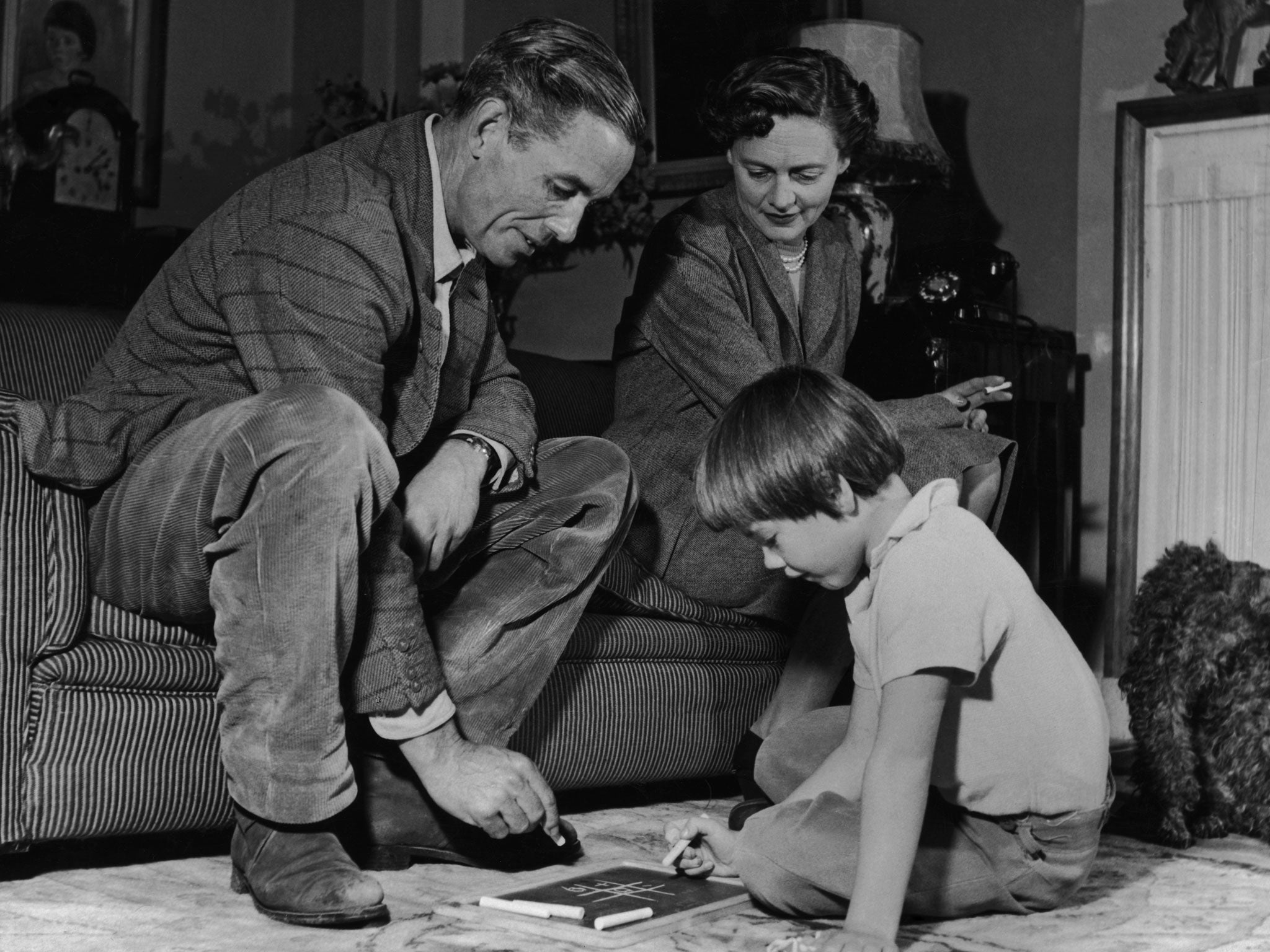
Your support helps us to tell the story
From reproductive rights to climate change to Big Tech, The Independent is on the ground when the story is developing. Whether it's investigating the financials of Elon Musk's pro-Trump PAC or producing our latest documentary, 'The A Word', which shines a light on the American women fighting for reproductive rights, we know how important it is to parse out the facts from the messaging.
At such a critical moment in US history, we need reporters on the ground. Your donation allows us to keep sending journalists to speak to both sides of the story.
The Independent is trusted by Americans across the entire political spectrum. And unlike many other quality news outlets, we choose not to lock Americans out of our reporting and analysis with paywalls. We believe quality journalism should be available to everyone, paid for by those who can afford it.
Your support makes all the difference.Peter Fleming was the eldest of four brothers, one of whom became the creator of James Bond. Born into a world of privilege, he went to Eton and Oxford and decided to be an adventurer – not a career category open to many. During the Second World War he served with the Grenadier Guards and was awarded the OBE, before returning to squiredom in Oxfordshire. He also married the actress Celia Johnson, and must have had to put up with a lot of "Brief Encounter" jokes. But we're concerned with the period before the war, when he began travel writing.
In 1932, Fleming replied to an advertisement in the personal columns of The Times that read: "Room Two More Guns – Exploring and sporting expedition under experienced guidance, leaving England June to explore rivers central Brazil, if possible ascertain fate Colonel Percy Fawcett." The resulting travelogue, Brazilian Adventure, became regarded as a classic, and is filled with wandering-off natives, foot-rot, revolting bugs and a race against another expedition.
Fleming became a special correspondent for The Times, crossing from Moscow to Peking through the Caucasus, the Caspian, Samarkand and Tashkent. He boarded the Turkestan-Siberia Railway and the Trans-Siberian to Peking at a time when travelling could still be called an adventure, eventually recounting the tale in A Forgotten Journey. After that he headed for India.
Although he was a decent writer like his brother, Peter was also the product of his time and class, and therefore the master of condescending snobbery. Beijing was dismissed as "lacking in charm"; Shenyang "suburban"; Moscow like "a servant's quarters". But his writing also contained sharp insights, even if his political analysis was weak. His was not the modern mode of travel; he usually started by being introduced to ambassadors. Still, we need writers like this. Not everyone should represent the vox populi.
Later, he wrote accounts of historical events in the lands through which he had travelled: The Siege at Peking, Bayonets to Lhasa and The Fate of Admiral Kolchak. In his memory, The Royal Geographical Society established The Peter Fleming Award for projects that seek to advance geographical science. After his brother Ian's death, he looked after the 007 rights company Gildrose. (Now, there's a film title they haven't used yet.)
Incidentally, Stephen Winkworth's hilarious history of The Times' personal columns, Room Two More Guns, is harder to find than Fleming.
Join our commenting forum
Join thought-provoking conversations, follow other Independent readers and see their replies
Comments